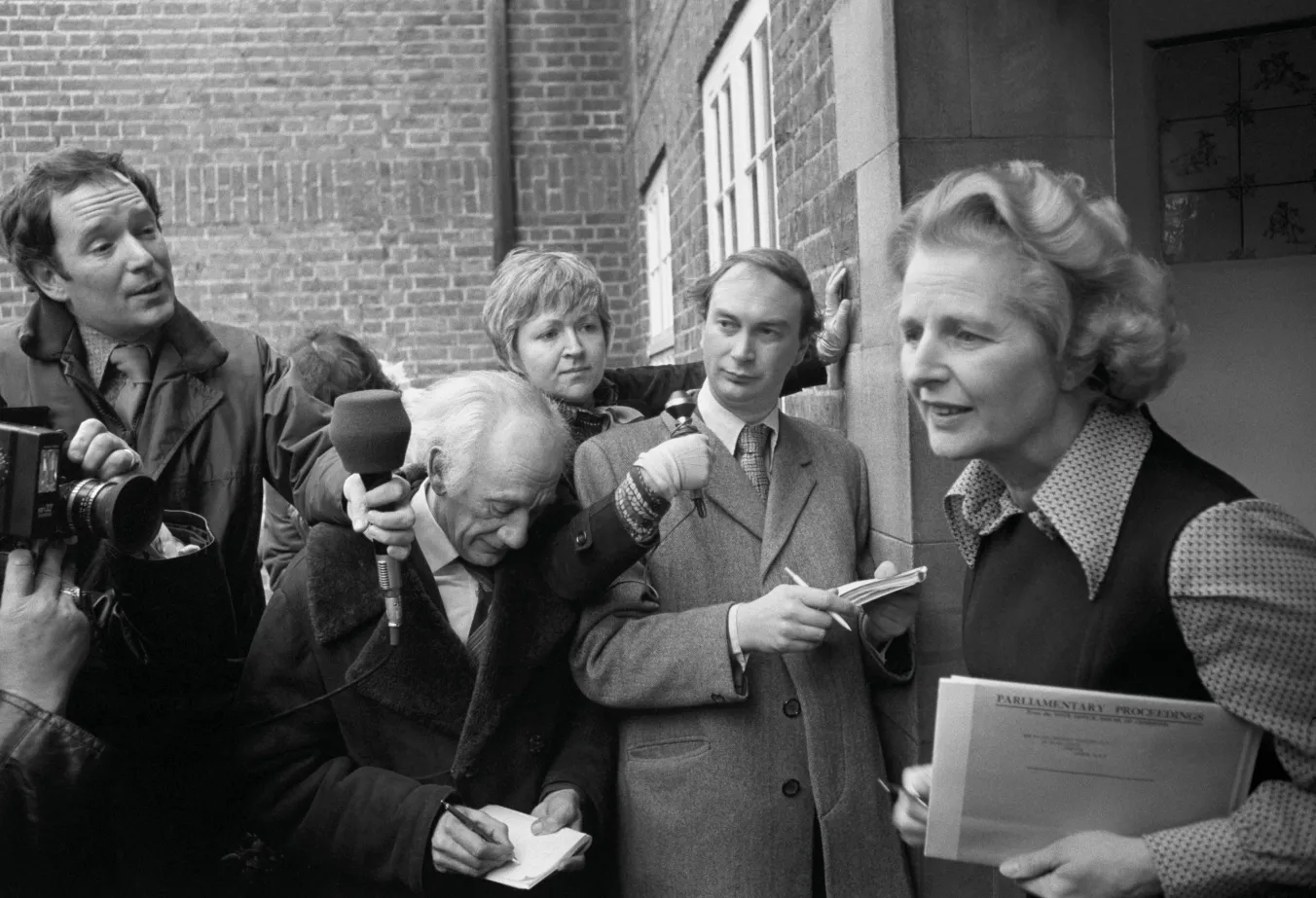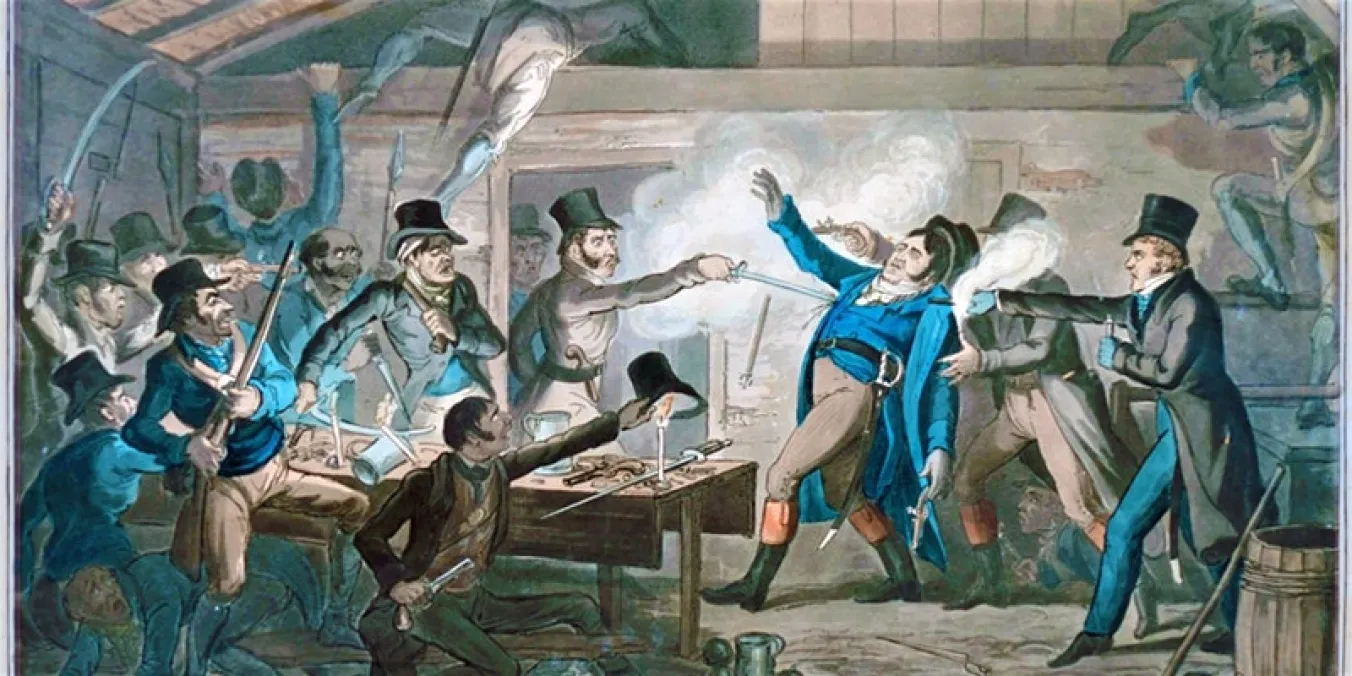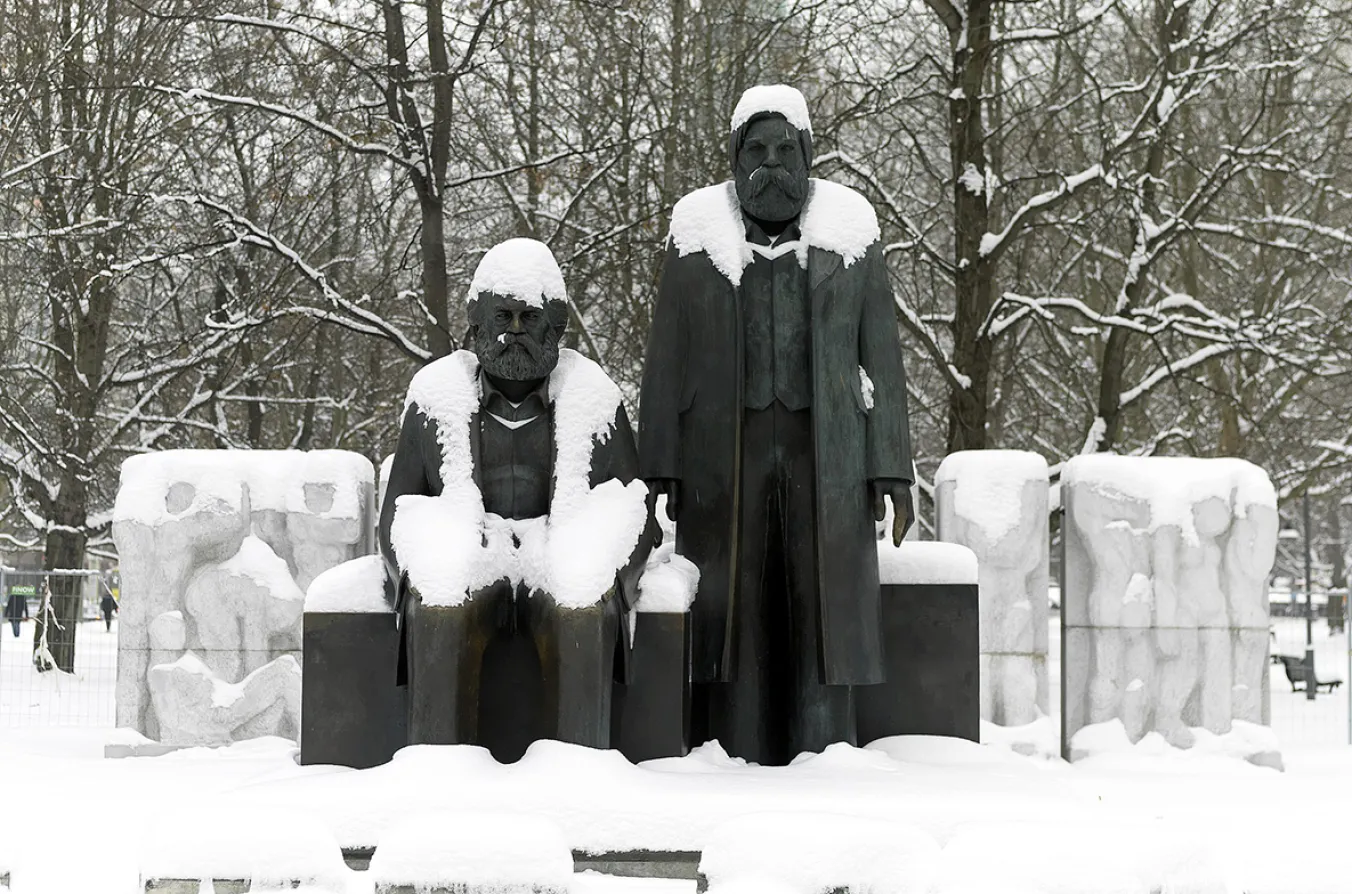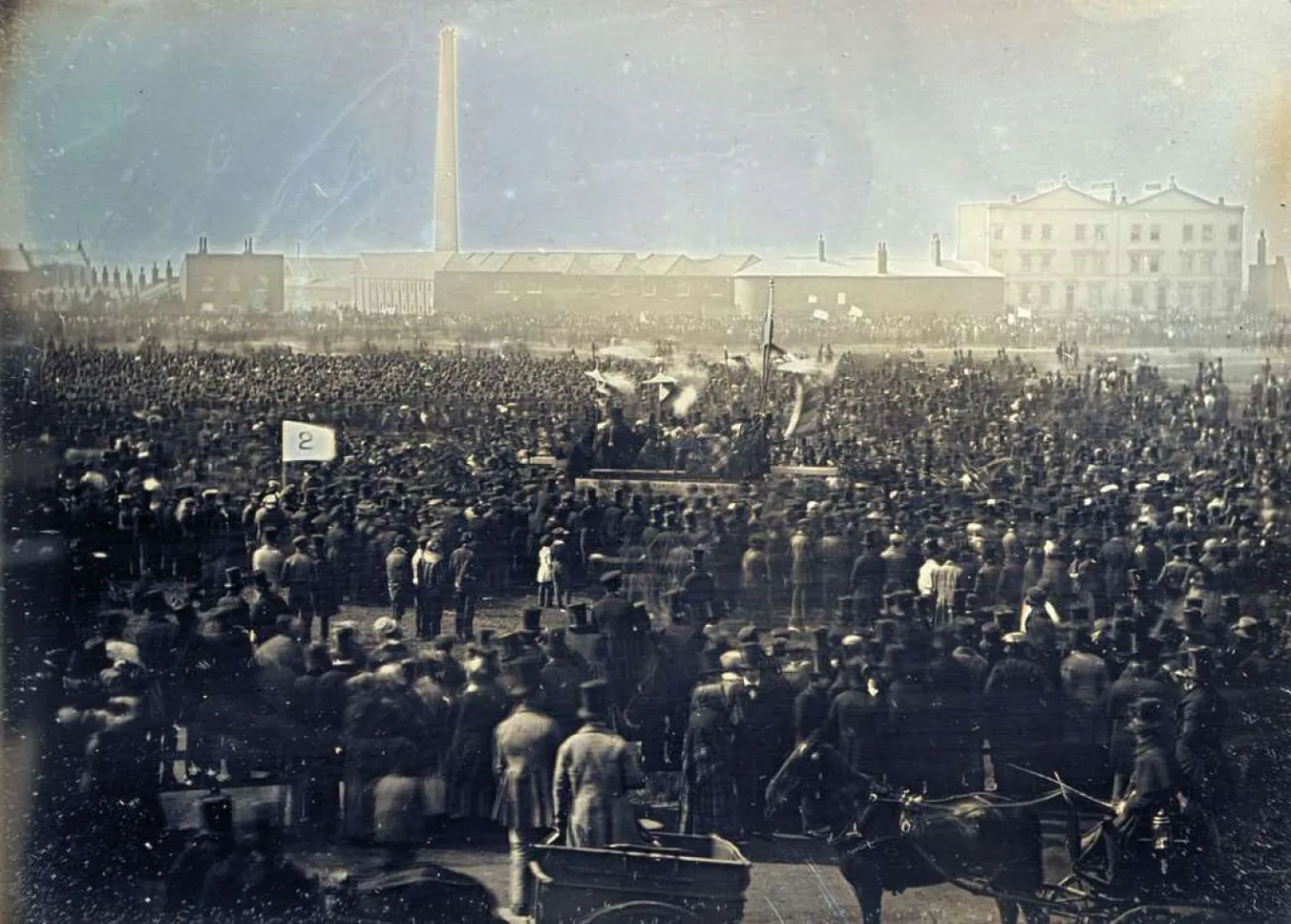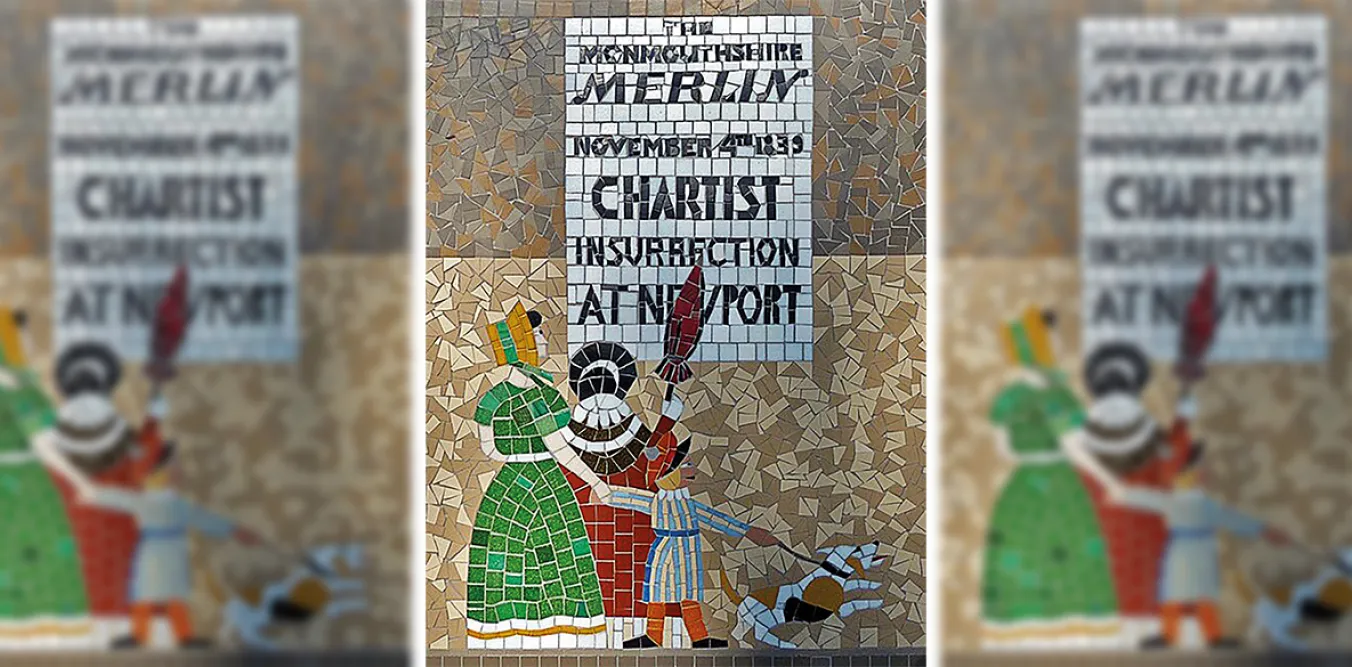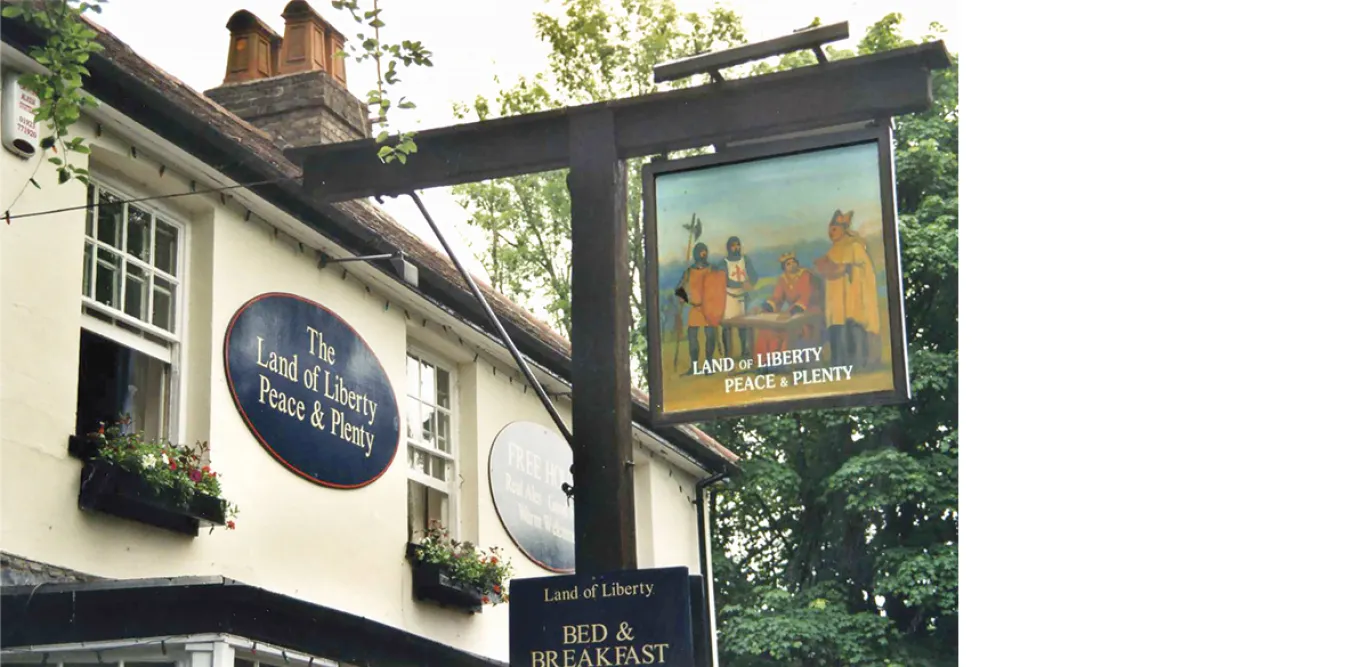
ERIC HOBSBAWM underlined that all traditions are invented and the labour movement May Day is no exception. Called for by the Second International with a focus on the push for an eight-hour day, the first London May Day took place in 1890.
From the start the tradition had several variants. There was a significant London demonstration on May Day itself, which involved workers taking strike action. There was also an even larger event in Hyde Park on the subsequent Sunday. The discussion about how the tradition of May Day should be marked took place from the start.
Hobsbawm argues that the call for an event on May Day arose almost spontaneously. Some historians, myself included, think that really means we are not quite sure who was actually responsible for the idea and in particular making it actually happen.
